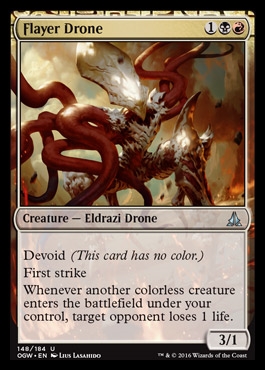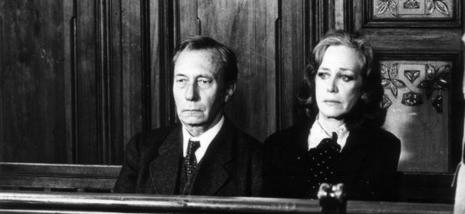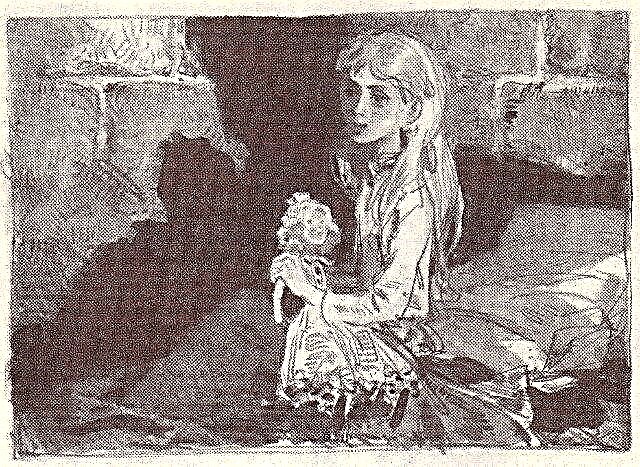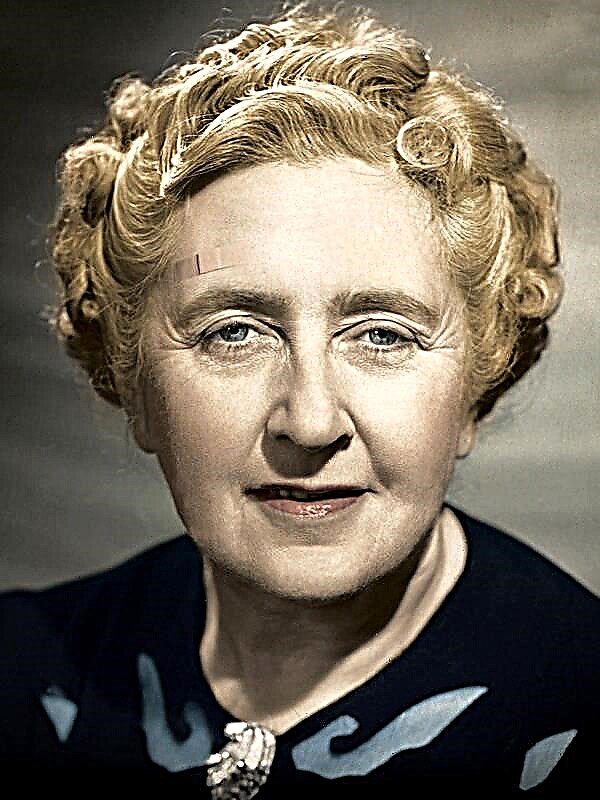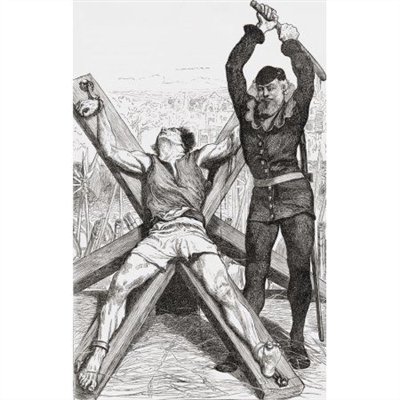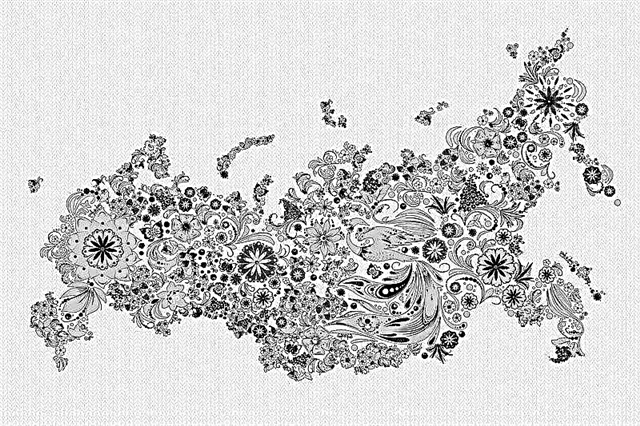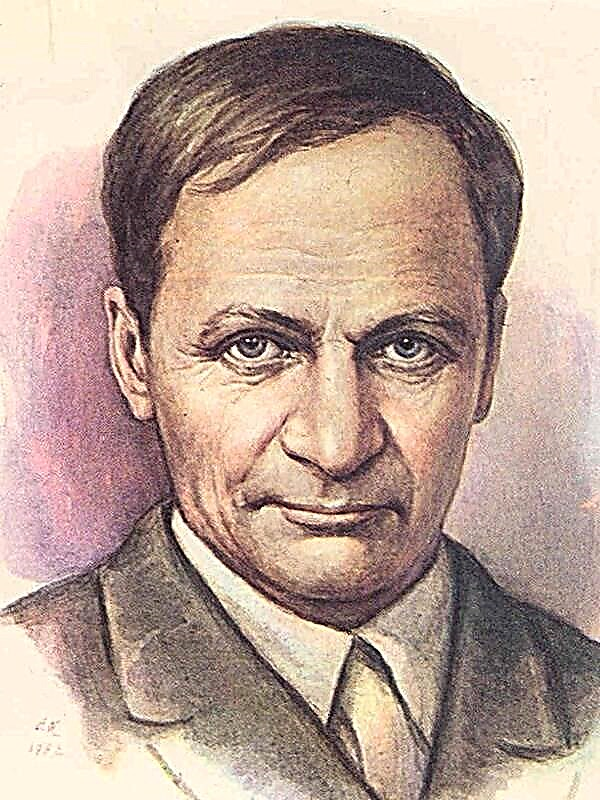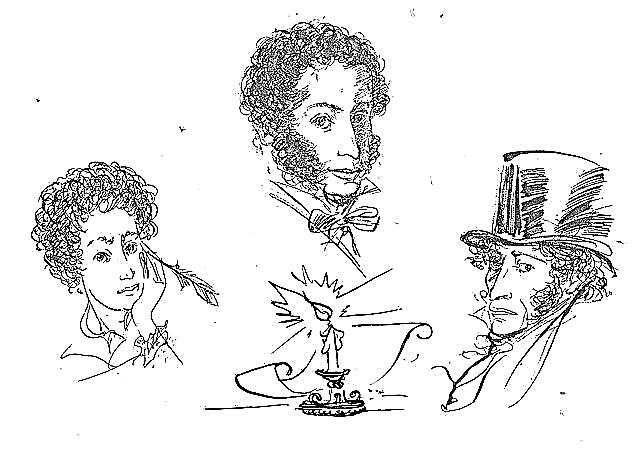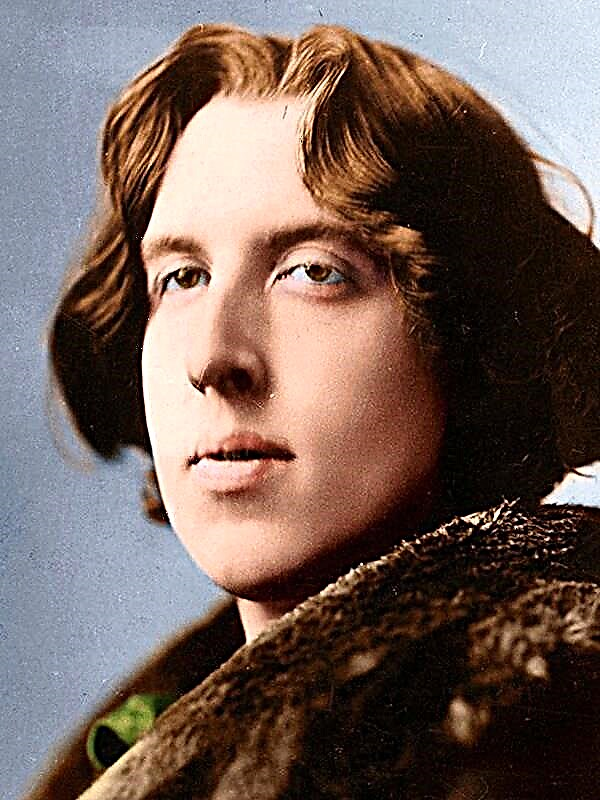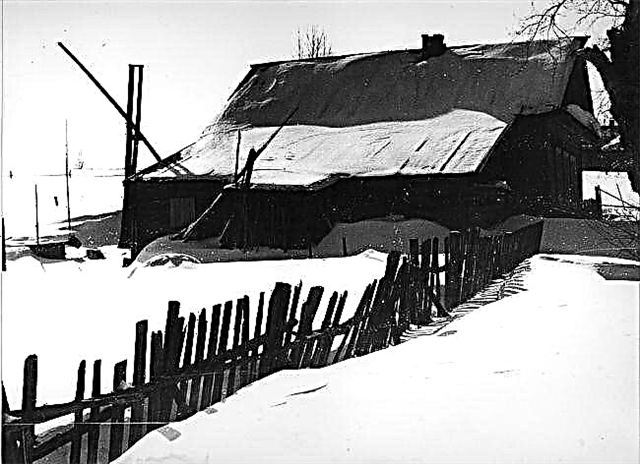: Merchants who have gone on business are detained by a Prussian officer. He demands that the prostitute who is among them surrender to him. The girl succumbs to the persuasion of the companions, and they turn away from her.
Winter, french city of Rouen. There is a Franco-Prussian war. The Prussian army occupies the city. The Germans allow several merchants to leave the city for Le Havre on business.
In the early morning, ten people leave Rouen in a Normandy carriage. Among them: a wholesale vintner with his wife, an owner of spinning mills with his wife, a count with his wife, two nuns, a Democrat Kornyude and a prostitute nicknamed Pyshka. Men of the conservative party unite against Kornyude, and women begin to discuss the prostitute Pyshka.
The crew travels very slowly, constantly getting stuck in snowdrifts. Expecting to arrive quickly, the passengers did not stock up on provisions, and soon they were terribly hungry, but there was no sign of the tavern or the farm where food could be bought. By three o'clock in the afternoon, Pyshka, who did not want to stop in the taverns and intended to eat her supplies on the trip, could not stand it and got enough food for three days. At first, Pyshka is embarrassed to treat arrogant gentlemen, but soon even virtuous ladies step over their pride and join the meal.
Pyshka says that she cannot see the Prussians in the streets of Rouen and left her hometown out of a sense of patriotism. The night is coming. The journey has been going on for 13 hours. Soon the police stopped the crew to check the documents, after which everyone decided to spend the night at the Commercial Hotel. The hotel owner informs Pyszka that the Prussian policeman wants to talk to her. She goes and returns indignant, but does not tell anyone what happened. Everyone is having dinner. At night, Kornyude pesters Pyshka, but she does not want to render him services while the Prussian soldiers live in the hotel.
In the morning it turns out that the coachman was gone. When they find him, he explains that the Prussian officer forbade him to harness the crew. It soon turns out that the policeman will not release them until Pyshka surrenders to him. At first, everyone was outraged by the officer’s impudence, but the next day they began to get angry that she was not doing what he wanted, and what her “profession” implied.
On the third day, having gathered in a tavern, everyone begins to think of how to make Pyshka fulfill the condition, scold her and despise that they got stuck here because of her. Even nuns participate in persuasion and sophistry inspire Pyshka that her sacrifice will be pleasing to God.
By the middle of the fourth day, the servant reports that Pyshka agreed and would not be out by dinner. Everyone celebrates, makes greasy jokes, drinks champagne. Only Kornyude believes that they have committed infamy.
The next morning, a harnessed crew awaits everyone. Everyone who ignited the released Pyshka is ignored and sits off her, as if from a leper.When the time comes for lunch, everyone takes out the stocked products, only Pyshka has nothing - she did not have time to take care of the food. Full of resentment and rage, Pyshka recalls his basket with three-day supplies of provisions, which these prudes did not abhor, and begins to cry. Everyone turns away. Kornyude sings, and until the end of the sobbing road Pyshki alternate with the stanzas of the Marseillaise.

